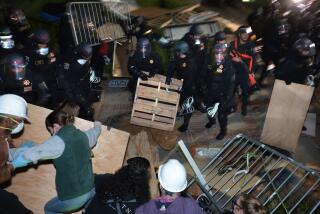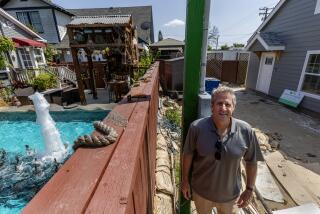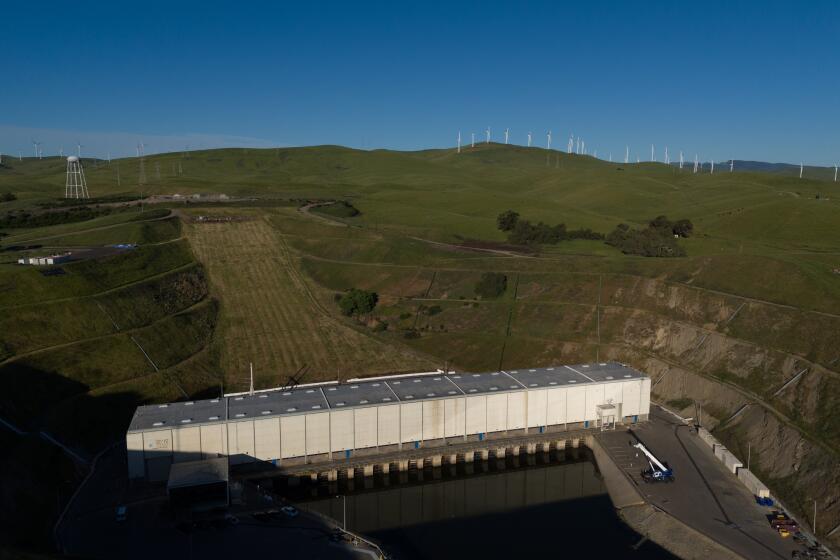Judge Upholds Denial of Media Access to Fraud Search Papers
U.S. District Judge Gordon Thompson on Friday upheld an order denying San Diego media access to sealed documents that explain why the FBI searched San Diego-based Cubic Corp.’s offices as part of a nationwide investigation into Defense Department procurement fraud.
U. S. Magistrate Irma E. Gonzalez on July 22 denied the Los Angeles Times, the Copley Press and KCST-TV (Channel 39) access to sensitive affidavits used to support the June 14 search of Cubic’s Defense Systems subsidiary. Thompson on Friday upheld Gonzalez’s ruling that the First Amendment does not automatically guarantee access to affidavits that support search warrants.
The three news organizations are “seriously considering” an appeal to the 9th U. S. Circuit Court of Appeals in San Francisco, according to Linda Berger, a San Diego-based attorney who represented The Times.
In a related action Thursday, a U. S. District Court Judge denied access to several Los Angeles-area news-gathering organizations, including The Times, that wanted access to affidavits used to support search warrants executed at several Los Angeles-area companies.
Assistant U. S. Atty. George Hardy, who on Friday described the expanding investigation as “a very, very complex and unique case,” argued that release of the documents would damage the nationwide defense-procurement investigation.
The government suspects that some consultants have been using confidential government information to help defense contractors win Pentagon contracts. Searches conducted on June 14 involved more than 3 dozen offices belonging to corporations, consultants and the Department of Defense.
The public learned about the 2-year-old investigation June 14 when the FBI searched offices at Cubic’s Defense Systems subsidiary.
Hardy said the government needed “a reasonable period of time” to complete the investigation. He also argued that reputations of innocent individuals who are named in those sensitive papers could be destroyed if the affidavits were made public.
He also maintained that other people named in those affidavits would destroy evidence or flee the country if they learned that they were under investigation.
More to Read
Start your day right
Sign up for Essential California for news, features and recommendations from the L.A. Times and beyond in your inbox six days a week.
You may occasionally receive promotional content from the Los Angeles Times.






